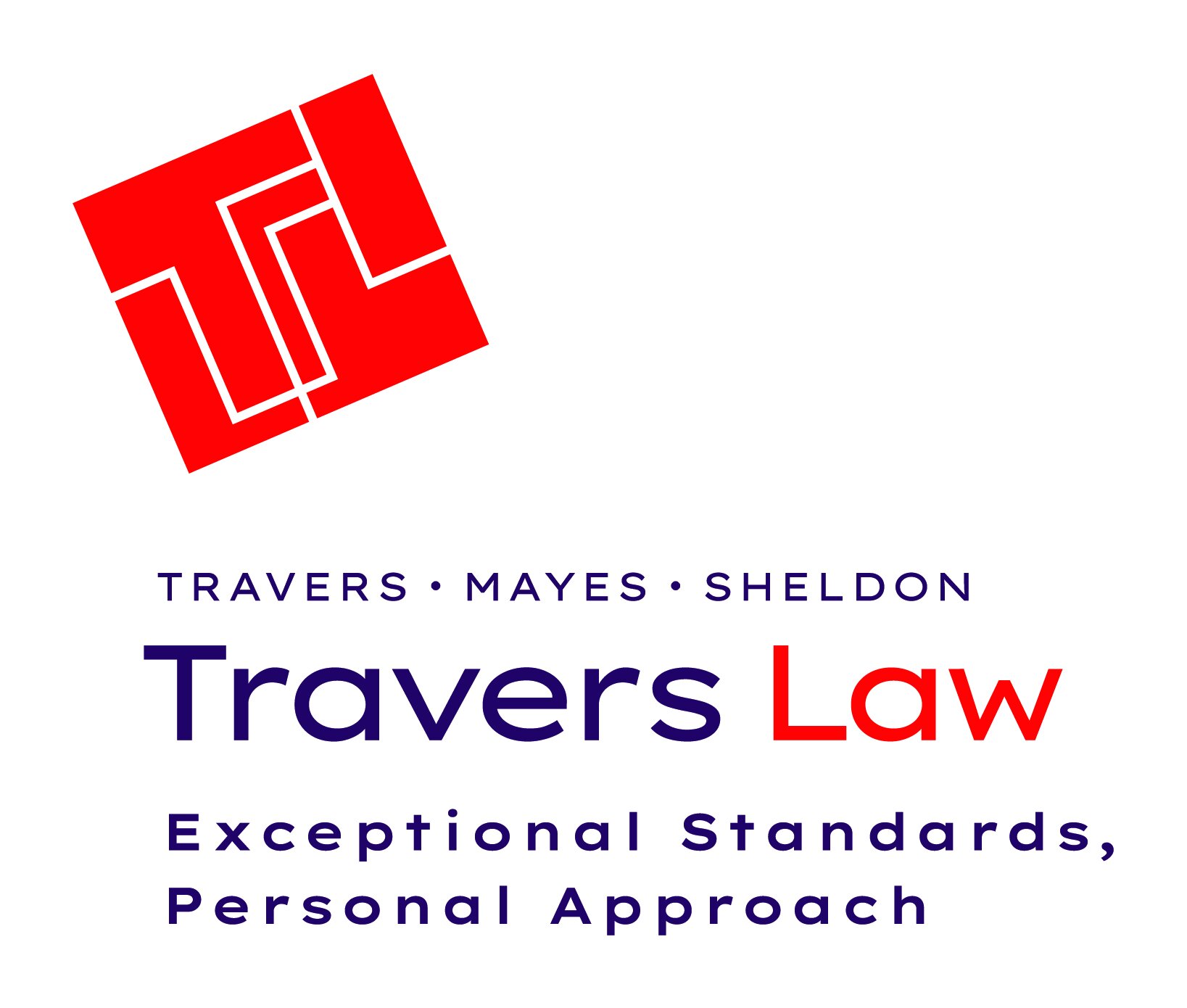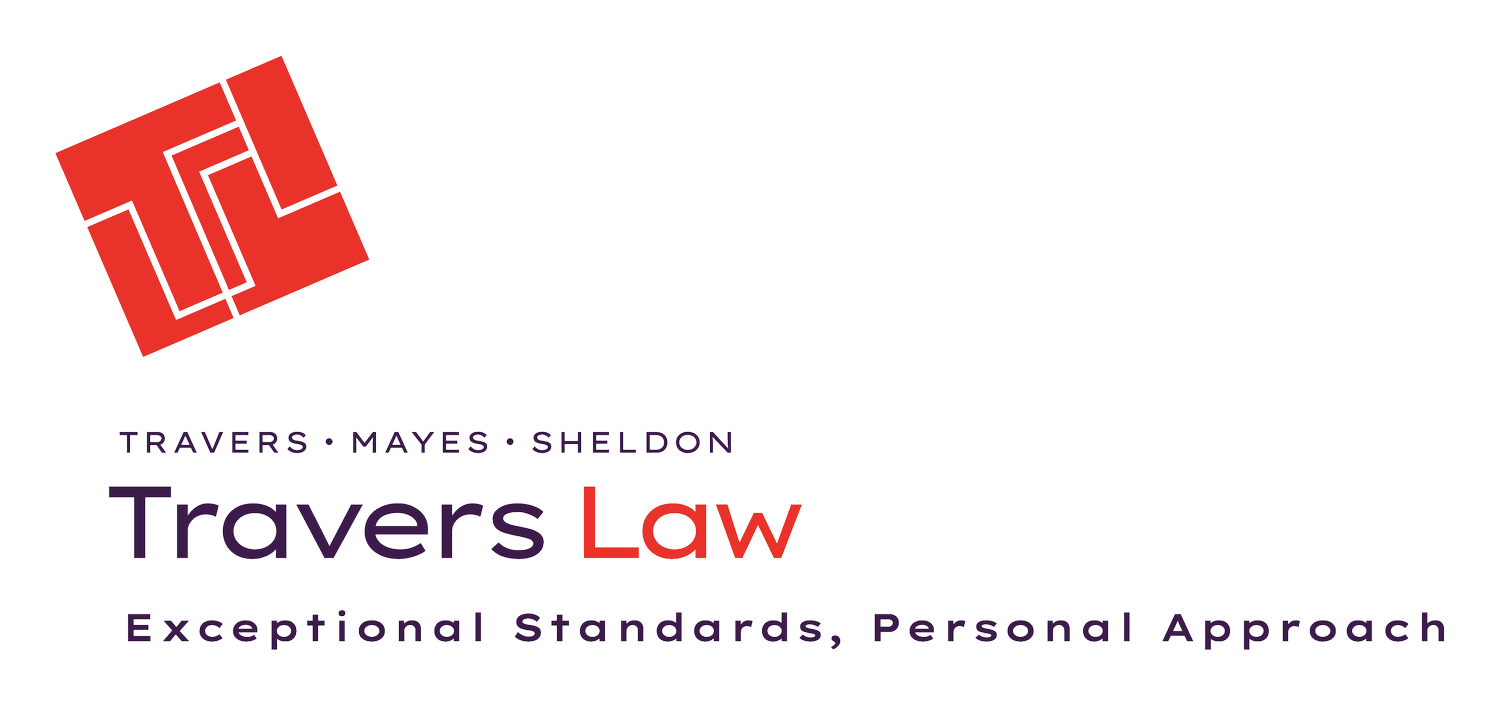The Homeowner Protection Act, 2024: A Guide to NOSI Changes
I was recently asked to be a guest contributer for KE HomeGroup Real Brokerage real estate blog - here is my article on Notice of Security Interests - https://homegrouprealty.ca/blog/july-19
This week, our guest writer is Robert Sheldon, a partner at Travers Law here in Guelph. Robert completed his undergraduate degree at Dalhousie University, his Juris Doctorate at the University of Windsor, and was called to the Ontario Bar in 2013. After a distinguished career in public service, Robert opened Sheldon Law, where he practised Real Estate law and in 2022 merged with Paquette Travers to become Travers Law.
Travers Law is one of our preferred partners and combines expertise, innovation, and client-centered service, specializing in real estate law.
As a 10-year resident of Guelph and a trusted source of dependable legal service, Robert is here to address the new legislation surrounding the Homeowner Protection Act.
Without further ado, read on!
Navigating Ontario's real estate market requires staying informed and legally protected, especially in such a fluctuating environment. Over recent years, we've observed how government legislation, regulations, and policies can drive market changes, affecting decisions on buying and selling. While broader considerations like economic factors, government policies, and global events are interesting, they may not always feel relevant to the average person. However, there are times when government action directly impacts a firm deal in noticeable ways. Take the Ontario government’s Homeowner Protection Act (the “Act”), which became law on June 6, 2024.
The Personal Property Security Act (PPSA) outlines rules for security interests in personal property. At law, when personal property is attached to real property, it becomes a "fixture." Under the old PPSA legislative scheme, a Notice of Security Interest (NOSI) would be registered on title to indicate a security interest in a fixture, often when the fixture is leased or under a rent-to-own arrangement. Common examples of rented fixtures include furnaces, air conditioners, water heaters, and water softeners. The government has made changes to the legislation because NOSIs were being registered without the knowledge and consent of the homeowner, and sometimes fraudulently.
The payout of a NOSI can be in the thousands of dollars. In most cases, the NOSI would have to be paid out to close the transaction, as the buyer didn’t agree to assume the rental contract, surprising sellers with additional costs at the eleventh hour.
The Homeowner Protection Act amended the Personal Property Security Act to state that a NOSI cannot be registered in an Ontario land registry office concerning collateral that is consumer goods (goods that are used or acquired for use primarily for personal, family, or household purposes, e.g. rented fixtures like furnaces, air conditioners, water heaters, and water softeners, etc.). Any NOSIs with respect to collateral that is consumer goods that were in effect immediately before the day the Act became law were deemed to have expired on that day and may be deleted from title.
Why does this matter?
"May" and "must" mean drastically different things. "May” expresses a possibility or permission; "must" expresses an obligation. The Act says all NOSIs are deemed expired and may be deleted from title. The Act does not state a NOSI must be deleted from title.
In most Agreements of Purchase and Sale (APS), there is a section to deal with rental items which reads as follows:
"The following equipment is rented and not included in the Purchase Price. The Buyer agrees to assume the rental contract(s), if assumable: "
At the end of this section, any rental items which the buyer will assume must be noted. Any rental items not listed in this section are to be paid out in full by the seller prior to closing and left on the property unless specified as excluded in the APS.
If there is a NOSI for a consumer good not being assumed, the APS provides that the NOSI must be removed by application registered by the seller’s lawyer and at their expense. Conflicts arise when a rental consumer good is being assumed, but the associated NOSI is now deemed expired. This begs the question – who is obligated to delete the NOSI from title?
The NOSI is tied directly to the contract which the buyer has expressly agreed to assume; the right to register the NOSI stem from the contract. Unless additional language is added, the APS does not provide for a partial assumption of terms only agreeable to the buyer. That is, if the buyer assumes the contract, they assume all associated responsibility including the obligation to delete the NOSI at their sole expense and the seller does not pay the legal fee and registration cost associated with same.
I believe it will only be a matter of time before the Ontario Real Estate Association (OREA) amends their standard OREA forms to clarify who is responsible to delete NOSIs from the title. In the meantime, using the following or similar language can provide clarity as to who will be responsible for getting a NOSI deleted from title went a rental contract is assumed:
“The Seller agrees, at their sole expense, to remove all Notices of Security Interests from the title by registering the necessary application(s) to delete same on or before the closing date.”
By banning the registration of consumer NOSIs on land titles, the Ontario government intended to put an end to the exploitation that has largely targeted the elderly from fraud and bad actors. While the intent is noble, it has created uncertainty as to who is responsible for cleaning up title and at whose cost.
ABOUT TRAVERS LAW
Travers Law combines expertise, innovation, and client-centered service, specializing in real estate law. We offer:
- virtual legal services;
- tailored legal solutions; and
- localized expertise
As Guelph’s real estate market evolves, expert legal guidance is more critical than ever. Travers Law ensures your legal needs are met with the highest professionalism. Contact us and our team with any questions or concerns here or call us at (877) 744 2281.




